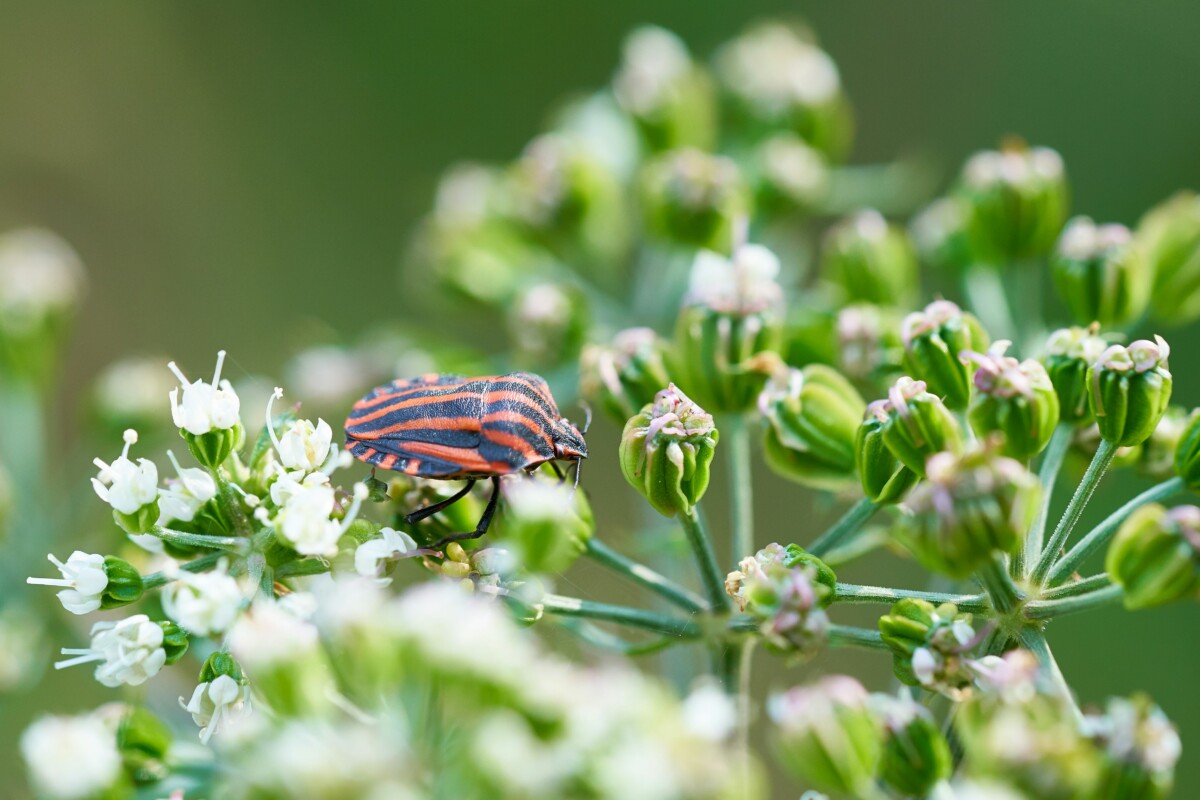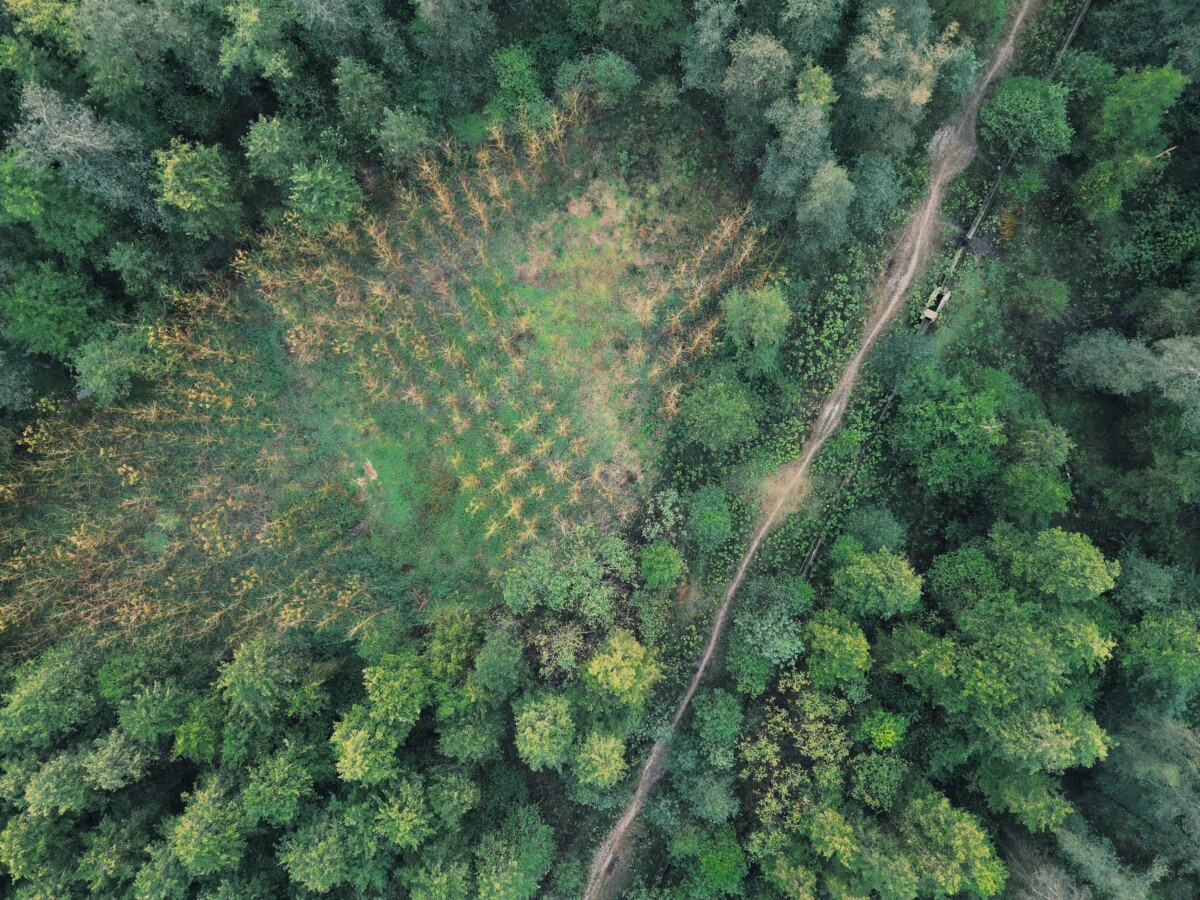Listen to the full podcast episode on YouTube, Spotify, and Apple Podcasts.
Cédric’s path from traditional finance to biodiversity metrics is both a personal and professional evolution. With experience at institutions like Schroders, Russell Investments, and Matter, he brings deep quantitative expertise to an area many in finance still struggle to define, let alone measure.
But what if nature wasn’t just priceless—but priced?
🌿 The Biodiversity Blindspot in Finance
“Historically, the financial sector has treated biodiversity as too complex to touch,” says Cédric. “But the reality is that biodiversity underpins our economy in ways we haven’t even begun to quantify.”
While climate has clearer proxies (like carbon), biodiversity lacks a single, unifying metric. This has made it easy to ignore—and difficult to regulate. That’s changing fast.
Cédric’s team at Matter is responding to frameworks like the Taskforce on Nature-related Financial Disclosures (TNFD) and evolving EU regulation by building datasets and scoring systems to bring biodiversity into the fold of investment decision-making. They’re quantifying exposure, impact, and alignment with global nature goals—all while navigating significant scientific and methodological uncertainty.

📉 From Gut Feel to Data-Driven Risk
Biodiversity loss isn’t just an ecological tragedy—it’s a material financial risk. Supply chains fail when pollinators disappear. Insurance claims rise when wetlands that prevent flooding are paved over. But these systemic risks are rarely captured in quarterly reports.
“We need to move from qualitative guesswork to decision-useful, quantitative data,” Cédric explains. “That means mapping corporate activity to actual biodiversity outcomes.”
Matter’s approach doesn’t just look at direct biodiversity impacts (like deforestation), but also indirect dependencies—such as water use or habitat fragmentation. The result? A far more granular picture of nature risk exposure.
🧠 Complexity Is a Feature, Not a Bug
Cédric is quick to caution against oversimplification.
“You don’t solve biodiversity the same way you solve carbon. It’s not a single figure; it’s a web of interdependencies. But that’s not a reason to give up—it’s a reason to lean in.”
Indeed, Matter’s work reflects a new kind of ESG thinking: one that embraces nuance and uncertainty, rather than papering over it with vanity metrics or green gloss.

🧭 What’s Next? Rethinking Value Itself
When asked what he hopes the industry will look like in 5–10 years, Cédric is clear:
“I hope we’ve moved past the idea that nature is an externality. It’s foundational. And our financial systems need to reflect that.”
That means not just better data—but better decisions. Capital must flow away from extractive business models and toward regenerative ones. That shift is already underway—but tools like Matter’s Natural Capital & Biodiversity Framework will be essential to accelerating it.
Sponsored by...
truMRK: Sustainability Communications You Can Trust
👉 Learn how truMRK helps organisations strengthen the credibility of their communications.
Want to be a guest on our show?
Contact Us.
The Responsible Edge Podcast
Queensgate House
48 Queen Street
Exeter
Devon
EX4 3SR
Recognition.
Join 2,500+ professionals.
Exploring how to build trust, lead responsibly, and grow with integrity. Get the latest episodes and exclusive insights direct to your inbox.
© 2026. The Responsible Edge Podcast. All rights reserved.
The Responsible Edge Podcast® is a registered trademark.
Sponsored by truMRK
© 2026. The Responsible Edge Podcast

